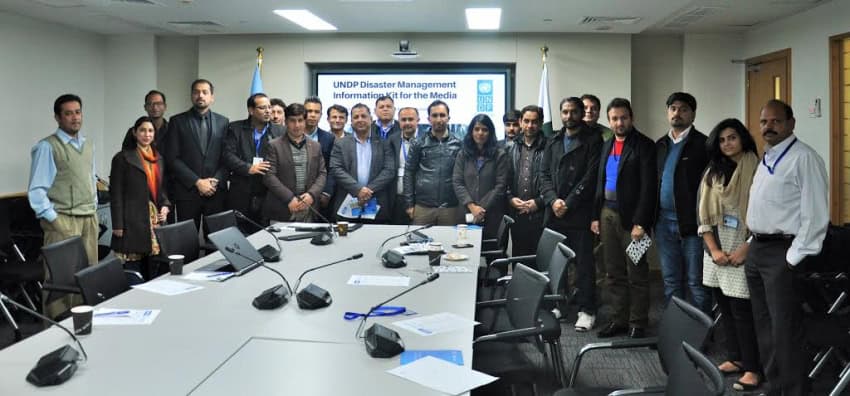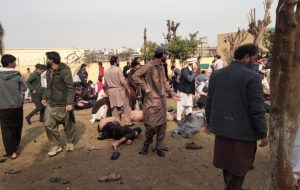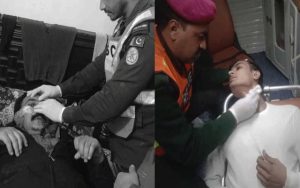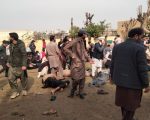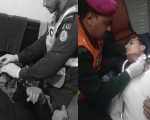ISLAMABAD – Recognising the importance of the media’s role in various disaster cycles, the UNDP has organized a consultative workshop on media and disasters, involving environmental journalists in Pakistan.
According to a press release Thursday, views of different journalists on the challenges of disaster reporting were gathered to complement UNDP’s Disaster Management Information Kit for the Media. The kit includes guidelines for disaster reporting in the non-disaster phase, pre-disaster phase, during-disaster phase and the post-disaster phase.
Some 30 journalists from television, radio and various newspapers attended the event.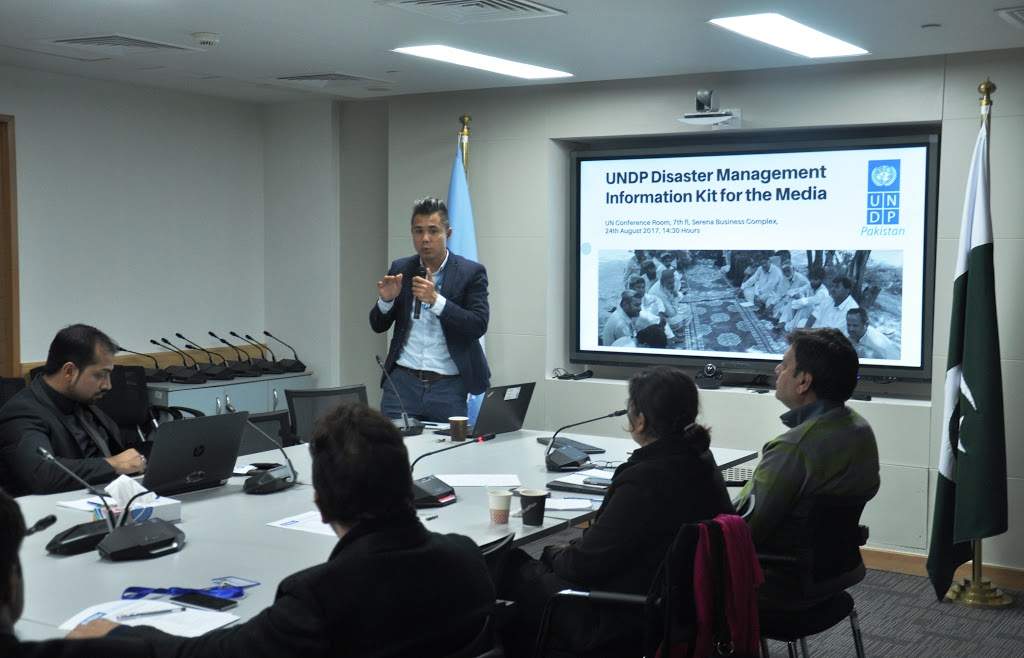
Speaking on the occasion, Dr Muhi Usamah, Disaster Management Specialist, said in the face of disasters, timely and credible information plays a pivotal role in ensuring an informed response, early recovery, rehabilitation and reconstruction, and long-term mitigation measures. Numerous humanitarian agencies and public sector departments are providing information to various stakeholders, but this carries the potential risk of being less objective and a little biased, which may result in misleading the entire process.
The role of the media in disaster risk management has been argued over the last two decades in this context. Large international conferences usually feature a session on the role of the media in disaster management.
Dr Usamah said disaster risk communication or disaster reporting by the print and electronic media at various stages provides disaster managers with necessary information for better preparedness and timely response and empowers hazard-prone communities to hold public and private entities accountable, something that is central to sustainable disaster risk management.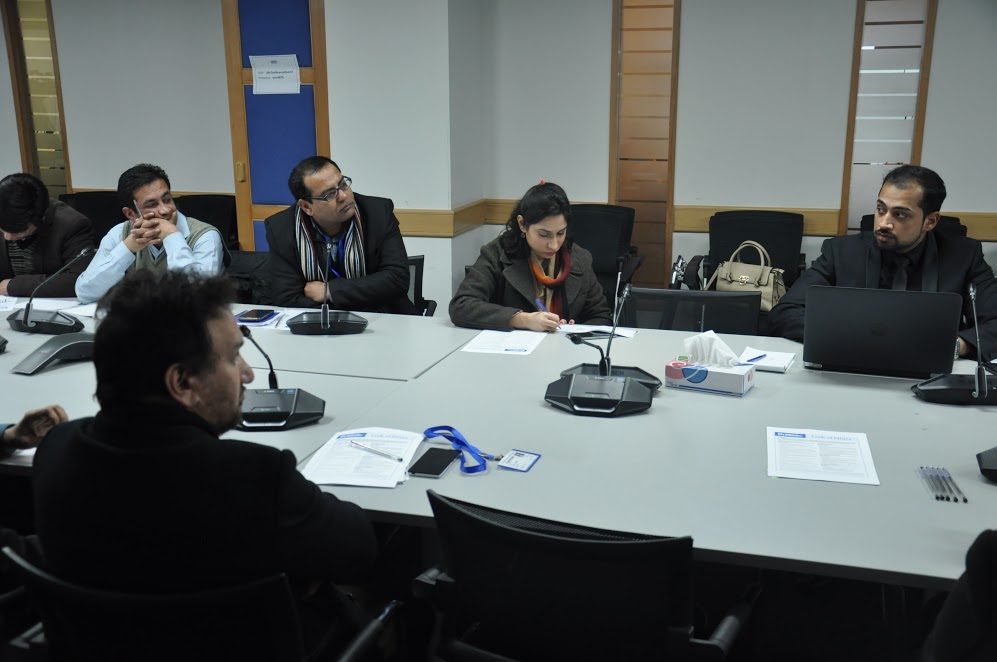
“A news organization plays four key roles during a crisis. It is a vital information resource, detailing what is happening where, who is affected, how the situation is evolving, and why. Journalists involved in disaster reporting must possess a detailed understand of the different types of disasters and related terms and use them accurately and in a way that audiences will understand.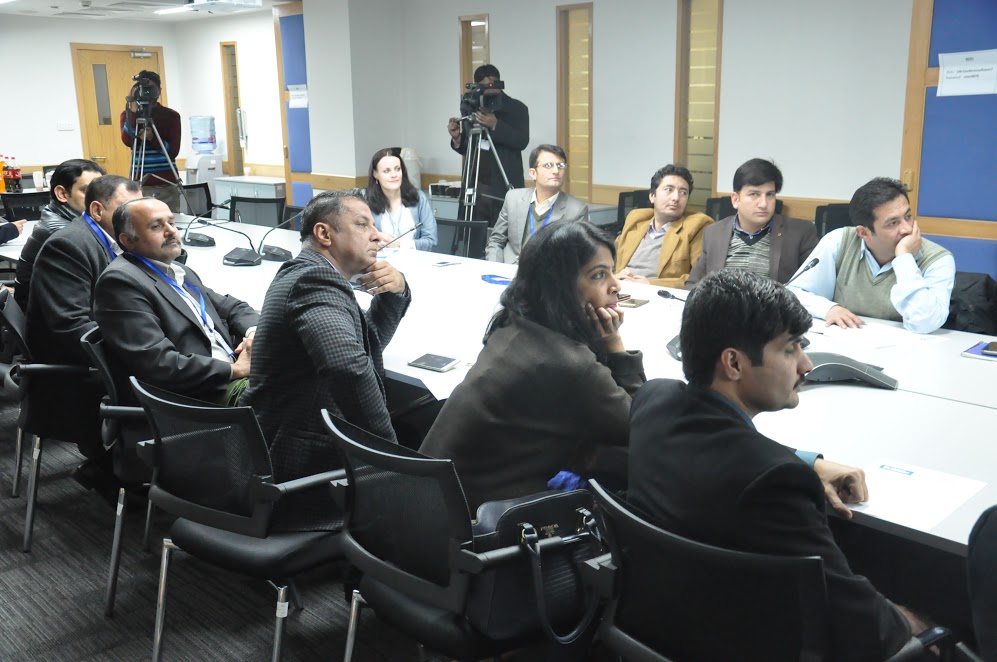
“Journalists need to educate themselves about complex scientific information and should be able to explain it to a broad audience. They also need to be aware of expert and relevant sources related to disaster management and disseminate information from them to the public,” he added.
The conference recommended that scientific and disaster mitigation organisations seek to develop working relationships with the media based on mutual trust and the recognition of different characteristics, goals and needs. Regular, effective communication between these groups, before, during and after disaster events can greatly enhance those relationships.

